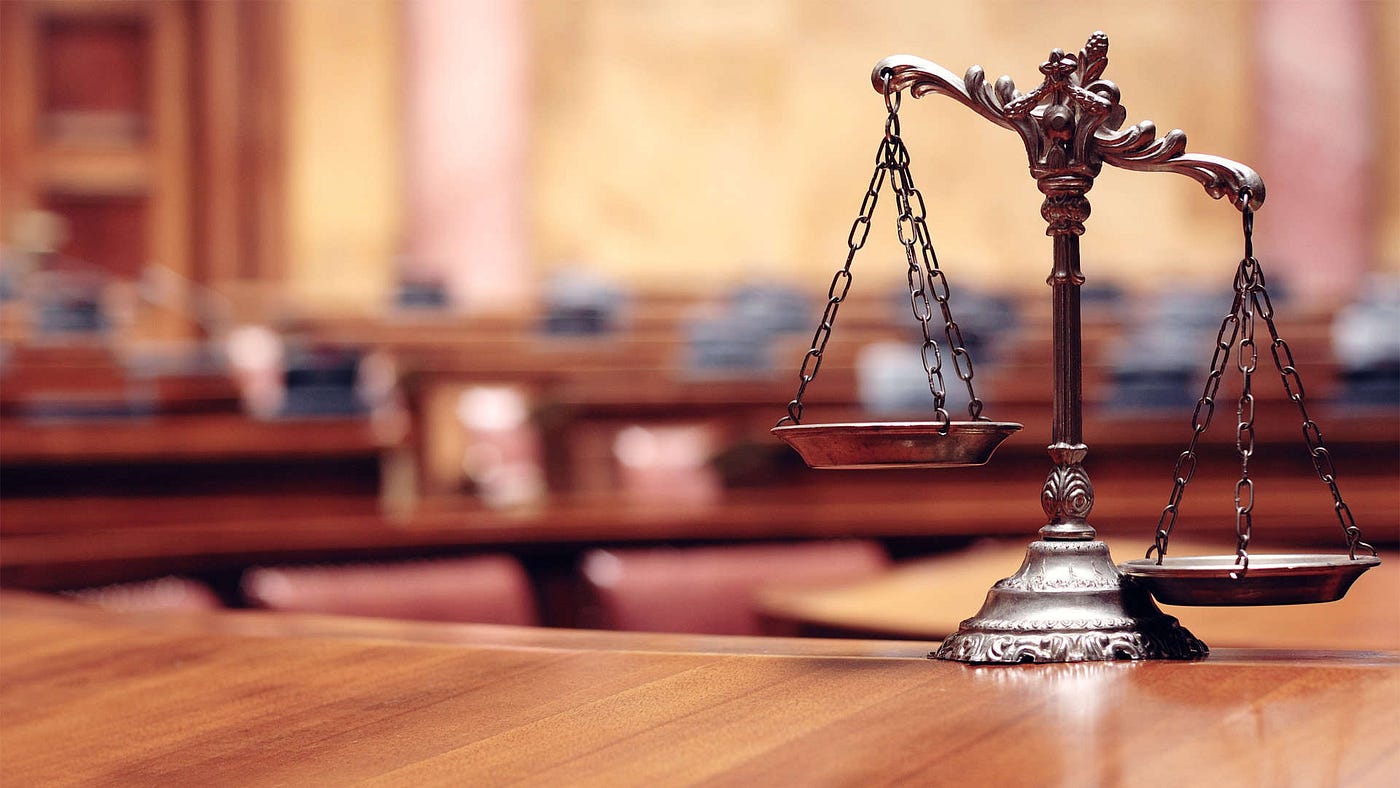This article is authored by Gauri Bansal and edited by Mr. Anoop Prakash Awasthi, AOR and Adv. Prapti Singh.
SC/0119/1979 | SC/0121/1979
ISSUE OF PRETRIAL DETENTION
The articles published in the Indian Express unveiled the presence of a large number of men, women and children behind prison bars for years awaiting trial in Courts of law in the state of Bihar.
QUESTIONS OF LAW
The question of low was on the fundamental rights of the accused and the duty of the State as expressed in Article 39A of the Constitution concerning free legal services to the poor and the denial of which in a delayed trial system would mean the denial of an individual’s life and personal liberty as enshrined in Article 21 of the Indian Constitution.
HELD
According to the Court the incarceration of these individuals for long periods of time prior to the commencement of their respective trials resulted in denial of basic freedoms and thus amounted to a gross violation of human rights.
The Court found the legal and judicial system working to the disadvantage of the poor and indigent. It gave a call for a restructuring of the Indian judicial system.
ON BAIL BONDS
A highly unsatisfactory system of bail was found to be responsible for keeping justice beyond the reach and grasp of the poor. The system was excessively harsh on the poor and worked only to the advantage of the wealthy. The poor could not secure their release by furnishing bail due to the huge amounts fixed by the Courts.
The Court gave a call to abandon the antiquated practice of pretrial release only against bail with sureties. The Court also endorsed bail on personal bonds without monetary obligations.
“The bail system, as it operates today, is a source of great hardship to the poor and if we really want to eliminate the evil effects of poverty and assure a fair and just treatment to the poor in the administration of justice, it is imperative that the bail system should be thoroughly reformed so that it should be possible for the poor, as easily as the rich to obtain pretrial release without jeopardizing the interest of justice.”
ON SPEEDY TRIALS
According to the Court, the state was duty bound to enforce the fundamental right of the accused to speedy trial by takingnecessary steps such as setting up Courts, strengthening the investigative machinery, appointing more judges etc. The introduction of a comprehensive legal services program was found to be the need of the hour. Such a program was seen as a solution to the problem of the inability of the poor to obtain bail or engage a lawyer on account of their poverty.
The Court also invoked Article 39A of the Constitution- “It is a constitutional right of every accused person who is unable to engage a lawyer and secure legal services on account of reasons such as poverty, indigence or incommunicado situation and the State is under a mandate to provide a lawyer to an accused person if the circumstances of the case and the needs of justice so required, provided of course the accused person does not object to the provision of such lawyer.”
On the basis of the above reasoning, the Court pronounced the release of the undertrial prisoners, mentioned two issues of the Indian Ex personal bonds without obligation.




